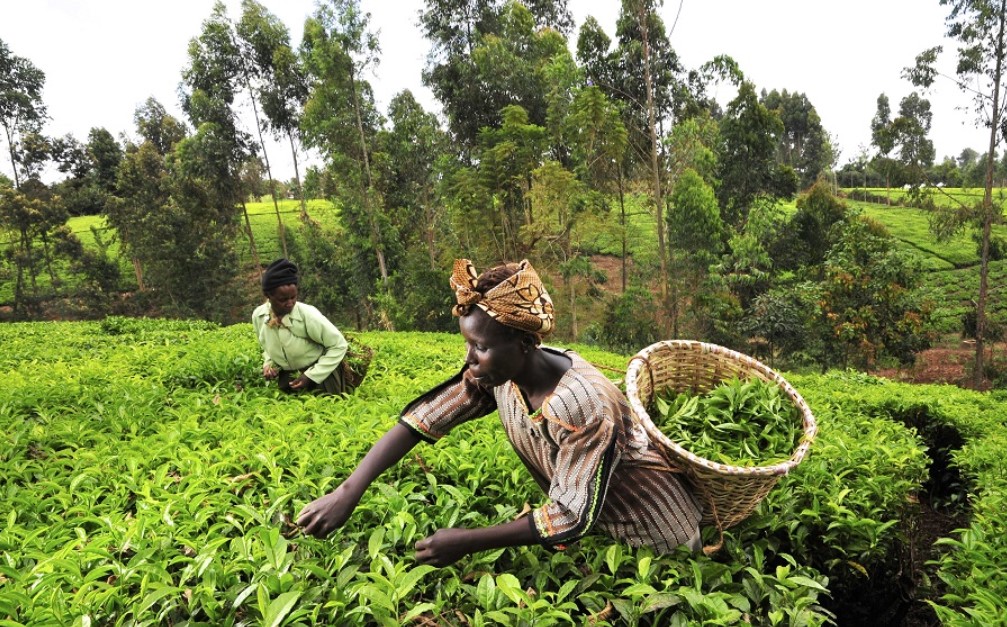The Nigerian agricultural sector recorded a meagre $19.91 million in foreign investment for the year 2023 representing just 0.50% of total foreign capital import during the period.
This is coming amidst soaring food inflation and complaints of food shortages being experienced across the country.
On a year-on-year comparison, foreign investment in the agricultural sector dropped from $95.80 million recorded in 2022 to its current figure. This represents a decline of 79.2% over one year.
Fishing- a sub-sector under the agricultural sector did not record any foreign investment in 2023 representing a decline of 100% from the $9 million recorded in 2022.
The meagre foreign inflow to the sector is not surprising considering the agricultural sector contracted for the first time in 7 years in Q1 2023 in terms of its contribution to GDP.
The agricultural sector represents a critical industry in Nigeria’s economy. In the third quarter GDP report, crop production contributed 27.11% to the real GDP growing at 1.30% year-on-year.
Despite this growth, the sector has witnessed significant challenges affecting production in the past few years top of which include insecurity across the Northern parts of the country and some enclaves in the south propelled by farmer-herder conflicts and banditry.
Beyond insecurity, structural challenges such as poor irrigation, transport, and preservation infrastructure also linger. This coupled with poor seedling and low fertilizer application significantly affects yield per hectare resulting in low food production.
Many believe that these challenges deter foreign investors from investing in the sector despite its potential.
For January, food inflation stood at 35.41% mirroring the supply problems caused by issues plaguing the agricultural sector. This has led to protests in some parts of the country over the perceived hunger in the land.
The current administration in a bid to douse the tension has ordered the opening of the country’s grain reserves to shore up food supply and reduce prices.
International development institutions like the World Bank and FAO have painted gloomy pictures of the food production sector in 2024.
The World Bank in its food security report noted that seven states across Northern Nigeria will witness a severe food crisis in 2024 while the FAO stated that around 26 million Nigerians risk hunger this year.

